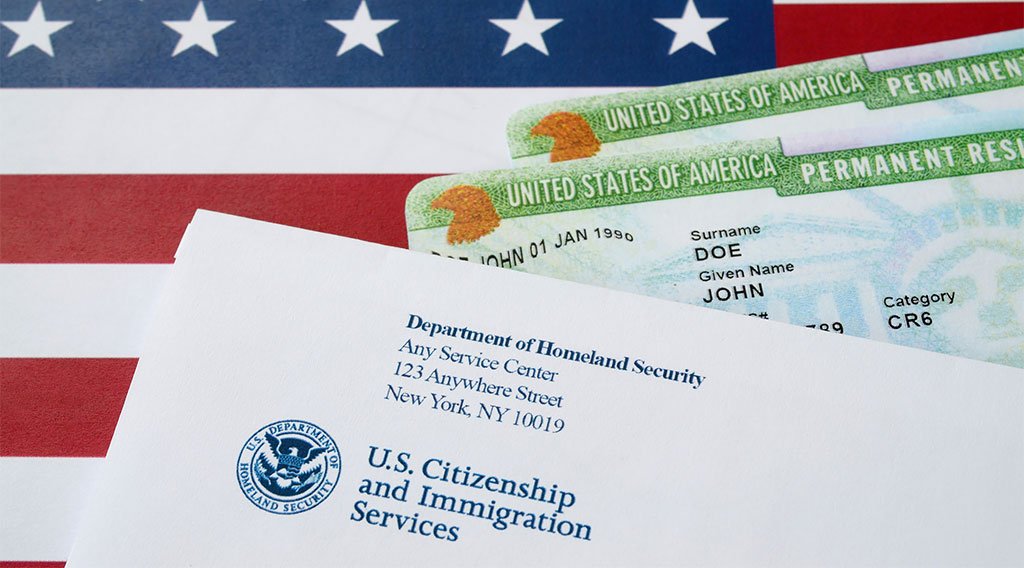EB1A Green Card: A Guide To Meeting The Requirements
The United States, with its plentiful opportunities and dynamic economy, has long been a dream destination for individuals seeking to advance their careers and realize their potential. For those with extraordinary abilities in their respective fields, the EB1A Green Card offers a pathway to permanent residency in the US. The EB1A category is designed for foreign nationals who have demonstrated extraordinary abilities in the arts, sciences, education, business, or athletics, and who wish to contribute their talents and expertise to the United States.
This article serves as a comprehensive guide to understanding the EB1A requirements, providing valuable insights into the eligibility criteria, supporting evidence, and the application process. Whether you are an exceptional researcher, an acclaimed artist, an accomplished athlete, or an innovative entrepreneur, read on to discover how the EB1A Green Card can be your key to unlocking the doors to the United States.
Understanding The EB1A Visa
The EB1A visa is part of the Employment-Based Green Card category, specifically designed for individuals with extraordinary abilities. It falls under the first preference (EB1) category, which means that individuals who qualify for this visa are given priority over other employment-based immigration categories.
To qualify for the EB1A Green Card, applicants are not required to have a job offer from a US employer. Instead, they must demonstrate their exceptional abilities and how their contributions will substantially benefit the United States.
Extraordinary Ability Criteria
To meet the EB1A requirements, foreign nationals must demonstrate extraordinary ability in their field. This is a high standard and requires meeting at least three of the following criteria:
Sustained National or International Acclaim: Evidence of recognition for achievements from experts, authorities, or organizations in the field.
Major Awards and Prizes: Receipt of significant awards or prizes in the respective field, which indicates exceptional skill and recognition.
Published Material: Evidence of the individual's work being featured in professional publications, newspapers, or other major media platforms.
Participation as a Judge: Serving as a judge of the work of others in the field, which signifies a high level of expertise.
Original Contributions: Evidence of significant contributions to the field that have been widely recognized.
Authorship of Scholarly Articles: Publication of scholarly articles or publications in distinguished journals or media.
High Salary or Remuneration: Demonstrating an exceptionally high salary or remuneration compared to others in the field.
Preparing The Supporting Evidence
The success of an EB1A Green Card application hinges on the strength of the supporting evidence provided. Applicants must meticulously compile and present documentation that validates their extraordinary abilities. This can include:
Letters of Recommendation: Letters from experts in the field attesting to the applicant's exceptional abilities and their significance.
Documentation of Achievements: Certificates, awards, and other forms of recognition that highlight the applicant's accomplishments.
Published Works: Copies of published articles, books, research papers, or other contributions in the field.
Media Coverage: Copies of articles, reviews, or features about the applicant's work in major media outlets.
Membership or Affiliation: Evidence of membership in associations, societies, or organizations related to the field.
Form I-140 Petition
Once the necessary evidence has been gathered, the next step is to file Form I-140, Immigrant Petition for Alien Worker. This form is handed to the US Citizenship and Immigration Services (USCIS) and serves as a formal request for an EB1A Green Card.
The I-140 petition must be accompanied by the relevant supporting documentation, as well as the appropriate filing fee. Premium processing is available for the EB1A category, which expedites the processing time for an additional fee.
Waiving The Job Offer Requirement
One of the unique aspects of the EB1A Green Card is that it waives the usual requirement of a job offer from a US employer. Unlike other employment-based categories, EB1A applicants can self-petition, which means they do not need a sponsoring employer. This significantly streamlines the application process and provides greater flexibility for talented individuals seeking to make the US their home.
Adjustment Of Status Or Consular Processing
If the I-140 petition is approved, the applicant can proceed with either the Adjustment of Status (AOS) process if they are already in the United States, or Consular Processing if they are outside the country. AOS is used when the applicant is physically present in the US, while Consular Processing is used when the applicant is residing abroad.
The EB1A Green Card offers a remarkable opportunity for individuals with extraordinary abilities to make the United States their permanent home. By meeting the stringent EB1A requirements and providing compelling evidence of their exceptional talents, applicants can navigate the path to a successful immigration journey. Through this comprehensive guide, we hope to have shed light on the key aspects of the EB1A visa, helping aspiring immigrants take the first step towards realizing their American dream.


